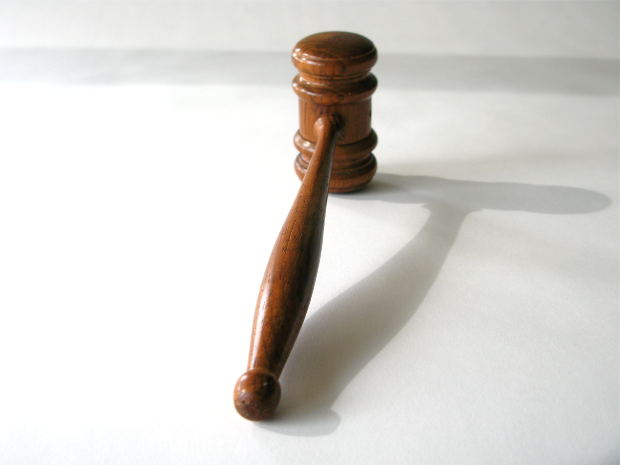U.S. Supreme Court Rejects Marijuana Classification Challenge
It seems that for now, marijuana will remain a Schedule I narcotic, with no recognized medicinal purpose – at least in the eyes of the federal government.

Our California marijuana lawyers understand the U.S. Supreme Court has rejected a challenge from the San Francisco-based advocacy group Americans for Safe Access, which was lobbying to change the language in federal law that forbids the drug from being prescribed by doctors.
As of right now, and at least for the near future, the drug is classified by the U.S. Drug Enforcement Administration as a Schedule I. The government schedules drugs according to their addictive properties and the potential risk they pose to the public. Schedule I drugs are considered to be the most dangerous, and they are defined as having no currently accepted medicinal use and have a high potential for abuse and physical and/or psychological dependance. In addition to marijuana, other drugs classified as Schedule I include heroin, LSD, ecstasy and peyote. Drugs that are considered less dangerous, with a Schedule II rating, include cocaine, methamphetamine, oxycodone, Adderall and Dilaudid.
Defining marijuana as more dangerous than cocaine or methamphetamine flies in the face of logic, and it’s maddening that attempts so far to have the label reconsidered have been outright rejected by courts and legislators. But we suspect this will not be the end of it.
The U.S. Supreme Court’s ruling was handed down following an appeal of an earlier decision made by the D.C. Circuit Court of Appeals. The lower court’s justices had previously sided with the DEA in saying that changing the classification of marijuana would require the U.S. Food and Drug Administration to recognize that the drug has certain acceptable medical uses.
That could mean that lobbying the FDA hard for such a classification will be the next step for pro-marijuana advocates.
It’s thusfar been a four-decade-long fight. There are mountains of research indicating the positive effects of medicinal marijuana, and the evidence has been persuasive enough to result in the legalization of the drug for medicinal purposes in 20 states and the District of Columbia – so far. We fully expect that figure to rise.
Americans for Safe Access had cited more than 200 individual scientific studies, performed and peer-reviewed by medical professionals, establishing that marijuana usage is both effective and safe in relieving nausea, pain and other severe side effects resulting from chemotherapy ordered for cancer patients.
And yet, the DEA holds firm to the stance that the drug hasn’t been adequately studied and cannot simply be down-scheduled upon request.
What’s more, just getting the DEA to offer that response was a nine-year process.
Another ongoing effort pressing for federal reclassification of the drug is being led by governors from both Washington state and Rhode Island. That case is still pending.
Advocates remain hopeful, saying it’s a matter of time. More and more studies are being conducted, and the conclusions have overwhelmingly been favorable to the pro-marijuana cause.
The Los Angeles CANNABIS LAW Group represents growers, dispensaries, collectives, patients and those facing marijuana charges. Call us at 949-375-4734.
Additional Resources:
US Supreme Court Rejects Marijuana Reclassification Appeal, Oct. 8, 2013, By Phillip Smith, StopTheDrugWar.org
More Blog Entries:
New Marijuana Businesses Should Seek Legal Guidance, Oct. 8, 2013, California Marijuana Lawyer Blog
 Cannabis Law Group's Medical Marijuana Legal Blog
Cannabis Law Group's Medical Marijuana Legal Blog




